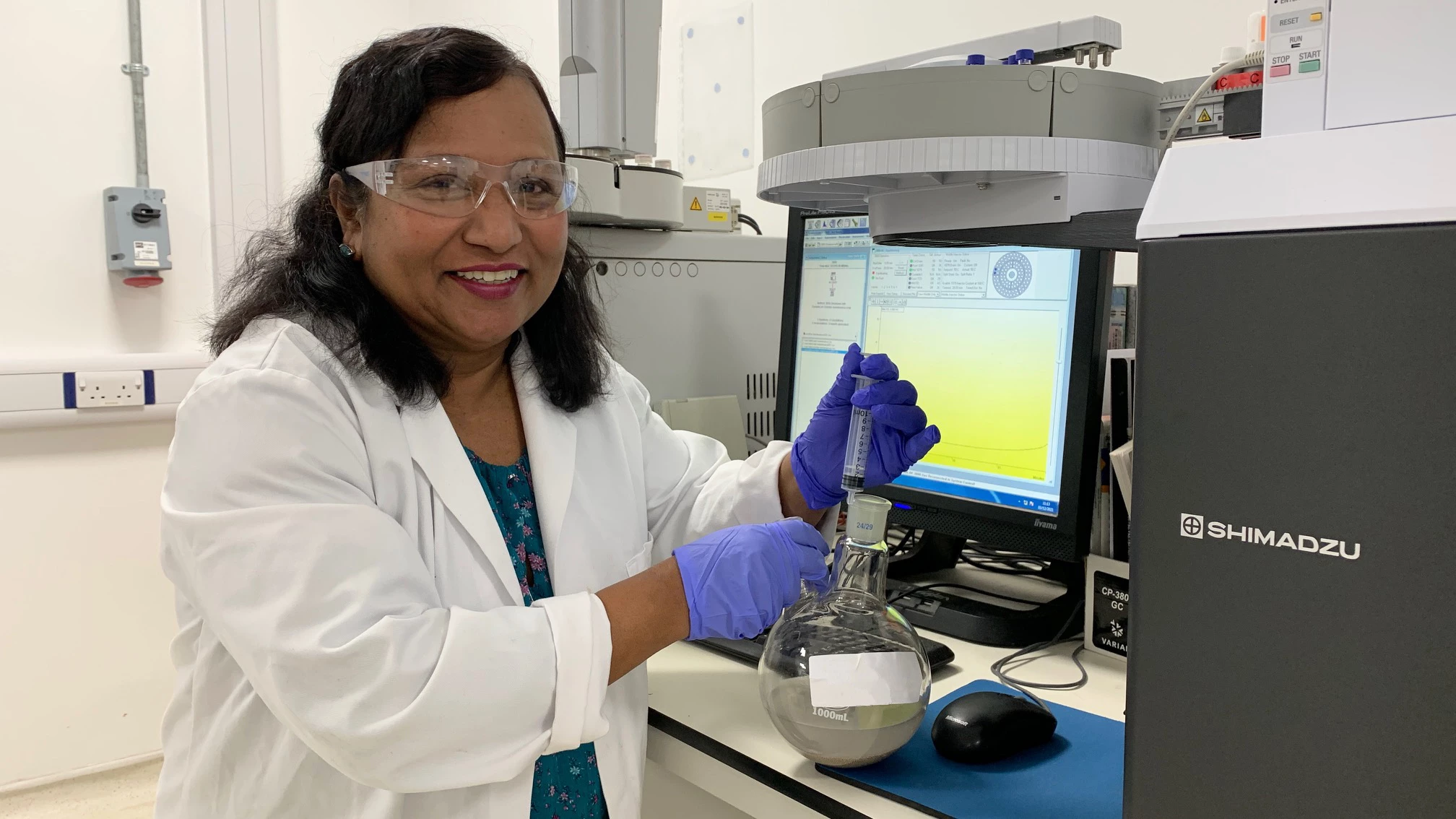
Yorkshire research company makes “major breakthrough” in sustainable material project
Yorkshire research company Aqualithium has made a “major breakthrough” to find a new source of sustainable lithium ro be used in electric vehicle batteries.
With global lithium reserves predicted to be exhausted in less than 20 years, Aqualithium, based on the Nostell Estate near Wakefield, in partnership with the Department of Chemical Engineering at the University of Bath, has succeeded in extracting lithium from seawater in a laboratory environment.
The team at the University of Bath is led by Professor Semali Perera, a leading expert in the field of adsorption and membrane filtration, whose “breakthrough” is the first time lithium has been extracted in such a way using new sustainable, disruptive technology.
Land based reserves of lithium are estimated to be just 14m tonnes whereas ocean based reserves of the soft, silvery white alkali metal are believed to be 230bn tonnes.
The company continues to develop the patented Aqualithium Harvester, a floating solar powered lithium extraction system, efficiently collecting lithium from the sea in a sustainable, ecologically, and environmentally sound way that produces no seaborne waste product and uses no fossil fuel power.
Aqualithium is now applying for a major government grant to enable it to continue its research and progress toward the goal of finding a commercially viable and sustainable means of extracting lithium from seawater using its innovative ’and eco-friendly process.
Aqualithium founder Tom Black said: “This is a major milestone for Aqualithium on our journey to find a new and sustainable source of lithium. The real value in having a partnership between business and academia is the advantage it gives us in commercialising our process.”
Professor Perera added: “Adsorption and membrane technology combination is very effective in recovering lithium, which is critical to battery technology - but land-based stocks are limited. The key challenge we face is in recovering it in large quantities, so we are very excited to work with Aqualithium.”
Looking to promote your product/service to SME businesses in your region? Find out how Bdaily can help →
Enjoy the read? Get Bdaily delivered.
Sign up to receive our popular Yorkshire & The Humber morning email for free.








 Raising the bar to boost North East growth
Raising the bar to boost North East growth
 Navigating the messy middle of business growth
Navigating the messy middle of business growth
 We must make it easier to hire young people
We must make it easier to hire young people
 Why community-based care is key to NHS' future
Why community-based care is key to NHS' future
 Culture, confidence and creativity in the North East
Culture, confidence and creativity in the North East
 Putting in the groundwork to boost skills
Putting in the groundwork to boost skills
 £100,000 milestone drives forward STEM work
£100,000 milestone drives forward STEM work
 Restoring confidence for the economic road ahead
Restoring confidence for the economic road ahead
 Ready to scale? Buy-and-build offers opportunity
Ready to scale? Buy-and-build offers opportunity
 When will our regional economy grow?
When will our regional economy grow?
 Creating a thriving North East construction sector
Creating a thriving North East construction sector
 Why investors are still backing the North East
Why investors are still backing the North East